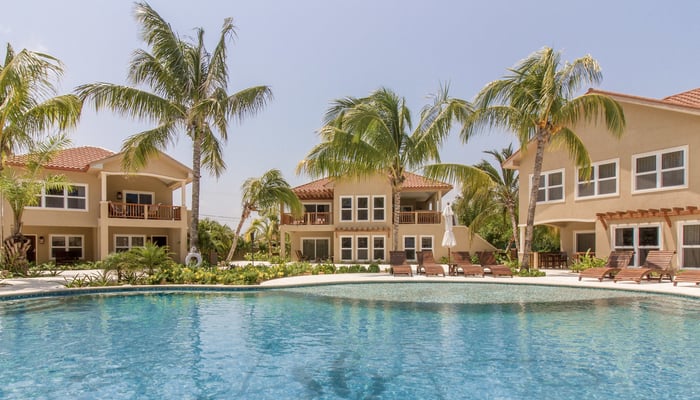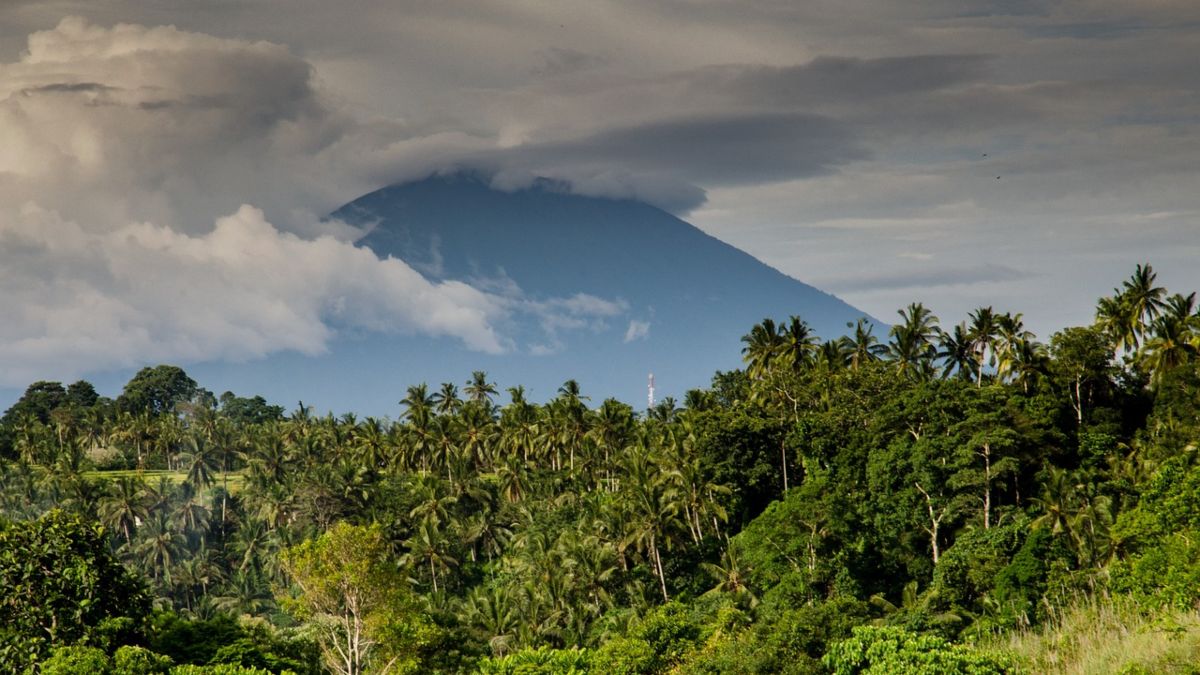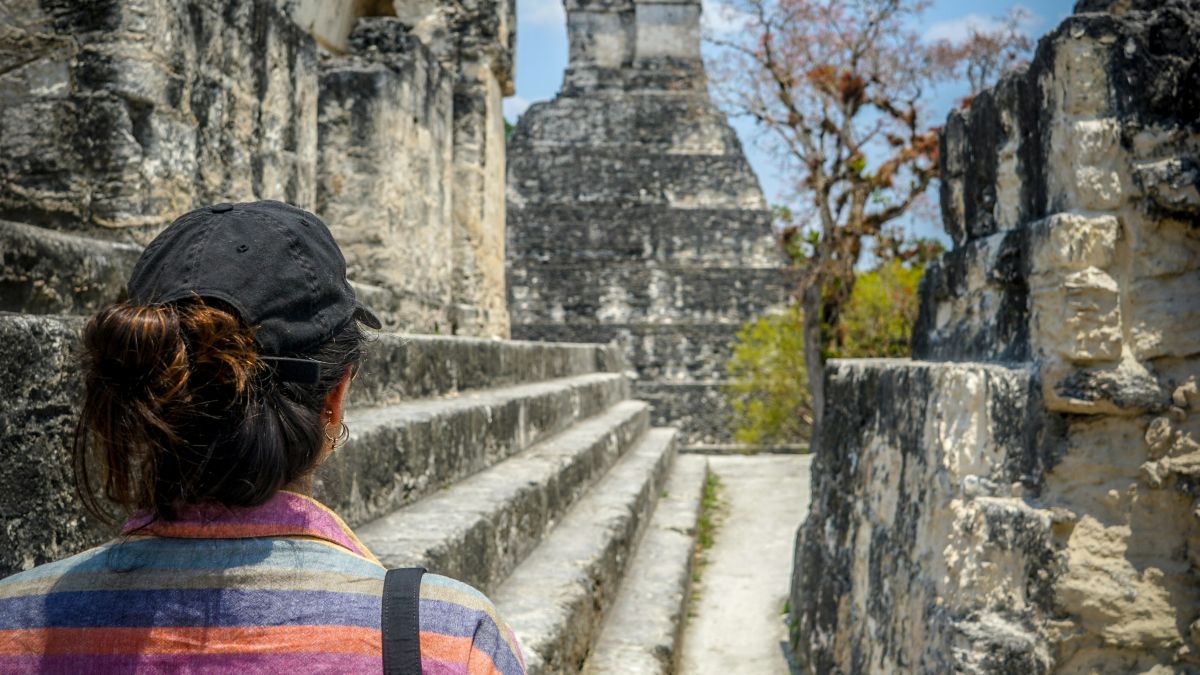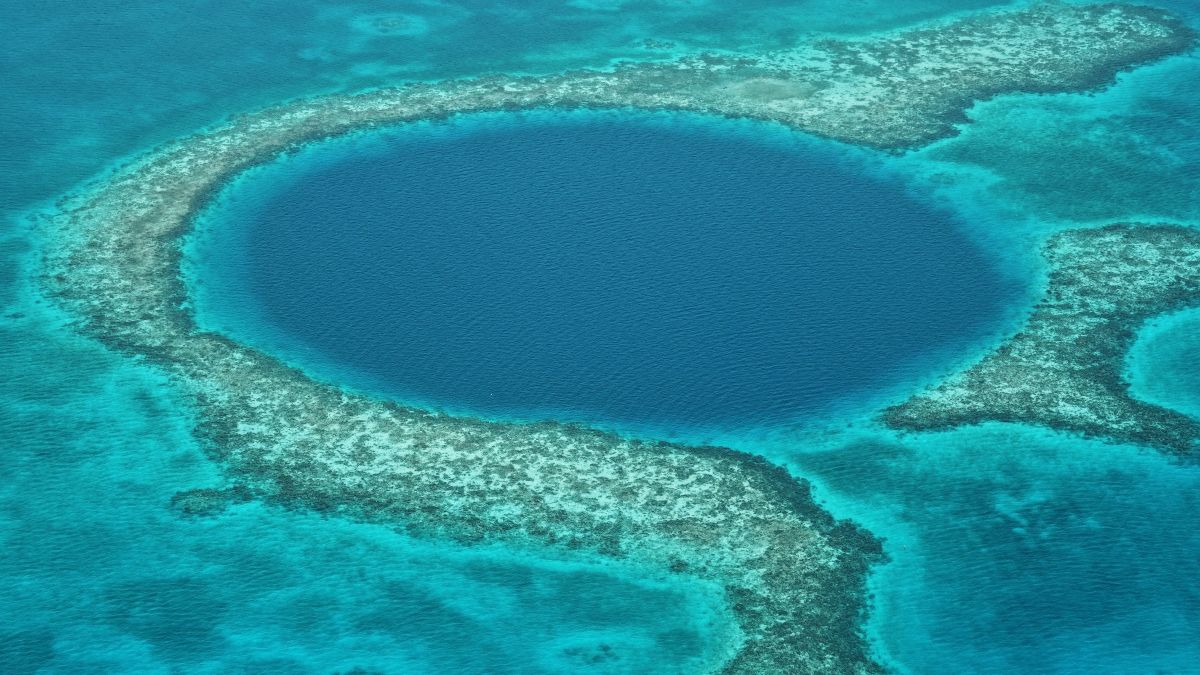Our search for positive stories during the coronavirus pandemic in Central America takes us to Placencia, Belize. Here, instead of firing everyone and shutting his doors, a creative hotel owner has managed to keep most of his employees.
Coronavirus came late to Belize. For a while “The Jewel” held out as the only country in the Americas without a single confirmed case of COVID-19. But even the most optimistic knew it was a matter of time.
On March 23, Belize confirmed its first case in a Belizean citizen from San Pedro on Ambergris Caye. Since then, at the time of writing, Belize has registered nine cases and one death.
Even before the first case, as the rest of Central America locked down, Belize prepared.
On March 15, it announced restrictions banning entry from some Asian and European countries. It also mandated self-isolation for anyone entering, including Belizean citizens.
After the first case on Ambergris Caye, the government placed the island under total lockdown. Days later, on March 25, the whole country followed.
Declaring an official state of emergency, Belize shut its borders and airport, closed non-vital businesses, and limited public transport.
On April 3, as Belize confirmed its fourth case of COVID-19 was a result of local (rather than imported) infection, the government took more action. It closed the borders to Belizean citizens and banned travel between different districts. Prime Minister Dean Barrow proclaimed Easter canceled.
Addressing the nation, Barrow admitted the move banning Belizeans abroad from entering their own country was extreme. But it was a necessary step, he said, to avoid swamping Belize’s health system.
All this is devastating to Belize’s economy, and tourism in particular.
Tourism is vital to Belize, contributing over 40 percent of GDP and responsible – directly and indirectly – for almost 40 percent of jobs.
Belize isn’t alone in facing grave economic uncertainty because of the coronavirus pandemic. The rest of Central America is no different. But Belize’s reliance on tourism to stay afloat puts it on the brink right now, and many Belizeans face ruin. There’s no European or US-style bailout here.
But one hotel is trying to make a difference and help its community and its employees.
Sirenian Bay Resort & Villas, in the southern beach town of Placencia, is getting creative in the face of coronavirus. With a pre-pandemic full-time workforce of 60, it’s kept almost 70 percent of its staff employed, although not necessarily in the roles they were originally hired for.
“The halt of travel and tourism was abrupt. When I think we had expected a slowdown, what we got was a complete stop.”
After a couple of weeks in reactive mode, we picked ourselves up and switched to proactive mode. Like every other resort in Belize, we had to make some tough decisions. We had to secure the future of the resort financially, but we were also committed to our employees. We worked hard to keep as many of our staff employed as possible and focused on keeping them healthy and safe.”
Montgomery explained the situation to his staff and committed to keeping as many in work as possible.
In return, everyone offered to take a temporary pay cut to help spread Sirenian Bay’s payroll funds between a larger group. All staff now have an equal fixed salary at the resort.
After that, came the reassignment of duties for everyone.
In the absence of guests to look after, this is where some outside-the-box thinking came in.
“We also had to be creative with working conditions and responsibilities,” said Montgomery.
“All essential employees were moved on-site (we have an abundance of empty rooms, after all) or two within two miles of the resort. This helped avoid the need for public transportation and limited their opportunity for exposure.
“A few employees whose job allows it are working from home. Some were put on a “no-schedule” but were given advances to cover basic expenses. Those remaining were reassigned duties from maintenance, woodshop, working on policy and procedures, SOPs (standard operating procedures), and training.”
Montgomery has introduced a flexible schedule for his team to help avoid the boredom of all-day quarantine all day in their rooms.
Sirenian Bay is a resort under lockdown, with no traffic allowed outside. The difference, though, is that inside, local employees still have their jobs. They have a sense of community and security during these unprecedented, stressful times.
“These decisions and the willingness to sacrifice by our employees have prevented many people from losing their jobs, while also ensuring the resort will be in top shape when tourism returns,” said Montgomery.
The way Sirenian Bay Resort & Villas has handled this pandemic is impressive.
Brian and Brenda Montgomery have made an admirable effort when many other businesses are closing their doors, firing everyone, and hunkering down. Placencia is a small community and saving 41 jobs is a big deal.
James Dyde is the editor of www.centralamerica.com. He lives in Escazu, Costa Rica.




